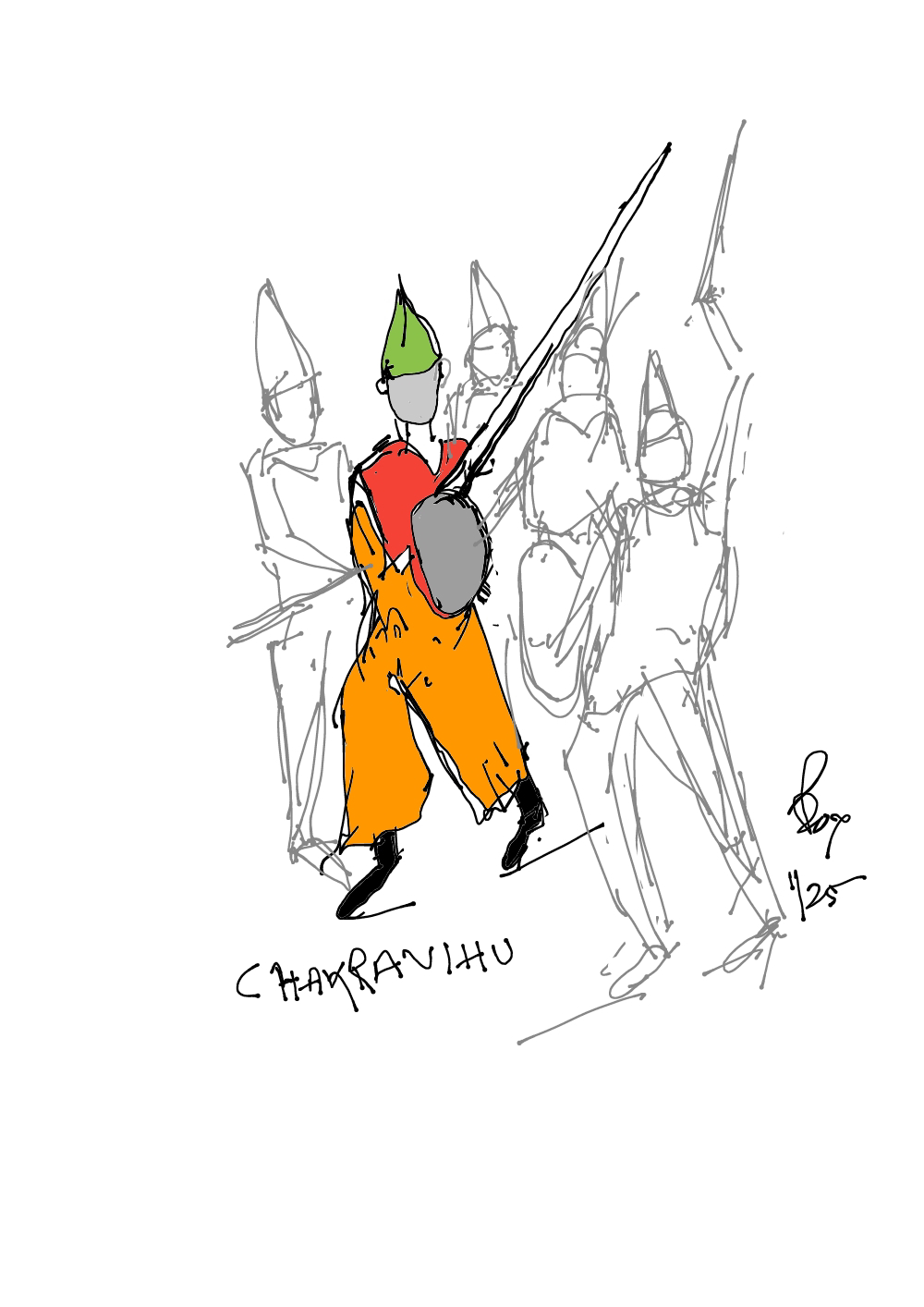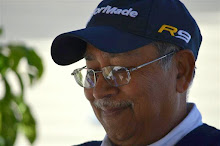The ancient Indian epic, Mahabharata, is a treasure trove of stories about valor, deceit, and the ultimate triumph of righteousness. Among the most compelling narratives is the tale of the Pandavas and Kauravas, cousins embroiled in a bitter struggle for supremacy that shaped the destiny of ancient India.
From a young age, the Pandavas—Yudhishthira, Bhima, Arjuna, Nakula, and Sahadeva—exhibited exceptional abilities, excelling in every field they undertook. This natural superiority bred envy and resentment among the Kauravas, particularly in their leader, Duryodhana. This envy soon turned into malice, culminating in schemes to eliminate the Pandavas through deceit and violence.
One of the most devious plots devised by Duryodhana was the construction of the house of lac, a flammable mansion intended to serve as a death trap for the Pandavas.
The Plot Unfolds
In the royal court of Hastinapura, Duryodhana presented his sinister idea to his father, King Dhritarashtra. “Father,” Duryodhana began, feigning concern, “our cousins, the Pandavas, deserve a vacation after their strenuous duties. I propose we send them to a magnificent palace I’ve had constructed in Varnavata. It is a marvel of architecture, built entirely from lac and other precious materials. They will surely be pleased.”
Dhritarashtra, blind both physically and metaphorically, sensed the unusual eagerness in his son’s voice. “But why such urgency, my son? What is it that you truly seek?” he asked hesitantly.
Duryodhana smiled, his tone measured but insidious. “Father, their stay will strengthen the unity of our family. It is merely a gesture of goodwill.”
Though Dhritarashtra harbored doubts, his love for Duryodhana outweighed his better judgment. He gave his reluctant consent, a decision that would haunt him later. Meanwhile, Vidura, the wise uncle of the Pandavas, who was ever watchful, overheard snippets of Duryodhana’s conversation with his confidants. His sharp intellect pieced together the devious plan.
Vidura’s Warning
Later that evening, Vidura sought a private audience with Yudhishthira. In his cryptic manner, he conveyed the danger that lay ahead. “Dear Yudhishthira,” Vidura said, “a clever man builds a bridge before the flood comes. When one walks through a jungle, it is wise to look for hidden snakes.”
Yudhishthira, perceptive as ever, understood Vidura’s coded message. “Uncle, do you mean to say that our journey to Varnavata harbors danger?” he asked cautiously.
Vidura nodded solemnly. “Indeed, my child. The house you are to stay in is not what it seems. It is made of lac, a substance as treacherous as it is beautiful. Duryodhana’s intentions are far from noble.”
Determined to protect his family, Yudhishthira heeded Vidura’s advice. The Pandavas secretly prepared for their escape, digging a tunnel beneath the house with the help of a trusted carpenter sent by Vidura. On the fateful night when Duryodhana’s agents set the lac house ablaze, the Pandavas and their mother, Kunti, made their escape through the tunnel, leaving the Kauravas to believe their plot had succeeded.
Lessons from the Mahabharata
This episode serves as a poignant reminder of the law of karma. The Kauravas’ malicious actions, born of jealousy and greed, set the stage for their eventual downfall. Despite their numerous attempts to harm the Pandavas, the latter’s resilience, wisdom, and adherence to righteousness ultimately led them to triumph.
The story of the lac house offers profound insights into human nature. It highlights how envy and deceit can consume individuals, blinding them to the inevitable consequences of their actions. The Pandavas, on the other hand, exemplify the virtues of wisdom, patience, and the ability to rise above adversity.
The law of karma, a cornerstone of Hindu philosophy, teaches that every action—good or bad—has consequences. The Kauravas’ repeated schemes to harm the Pandavas only hastened their own destruction. The epic battle of Kurukshetra, which followed years later, saw the Pandavas emerge victorious, guided by their ally Krishna and their unwavering commitment to dharma (righteousness).
A Timeless Message
As we reflect on this ancient narrative, we find timeless lessons relevant to modern life. The story urges us to choose the path of righteousness, even in the face of adversity, and reminds us that actions motivated by malice and greed will eventually lead to ruin.
In today’s world, where competition and jealousy often cloud judgment, the wisdom of the Mahabharata encourages us to cultivate compassion, empathy, and integrity. By embodying these values, we can navigate life’s challenges with grace and leave a legacy of goodness and justice.
In the end, the tale of the Pandavas and Kauravas is not just a story of conflict; it is a profound lesson on the eternal balance of the universe and the enduring power of righteousness.



